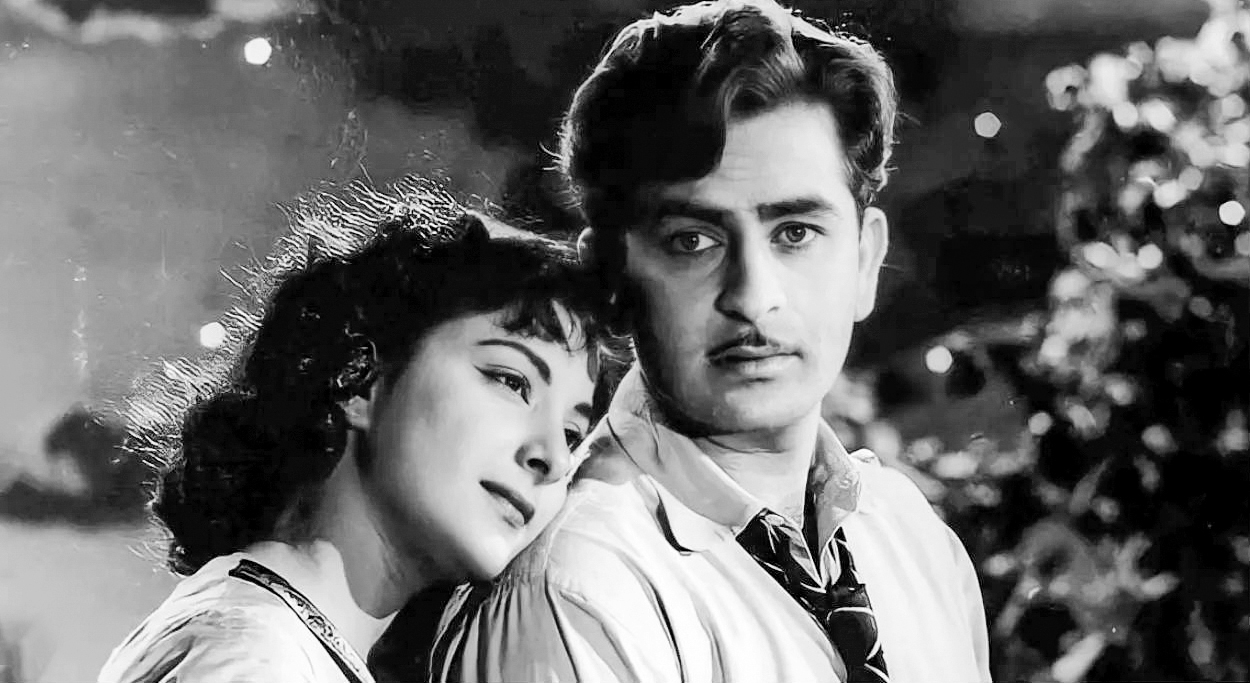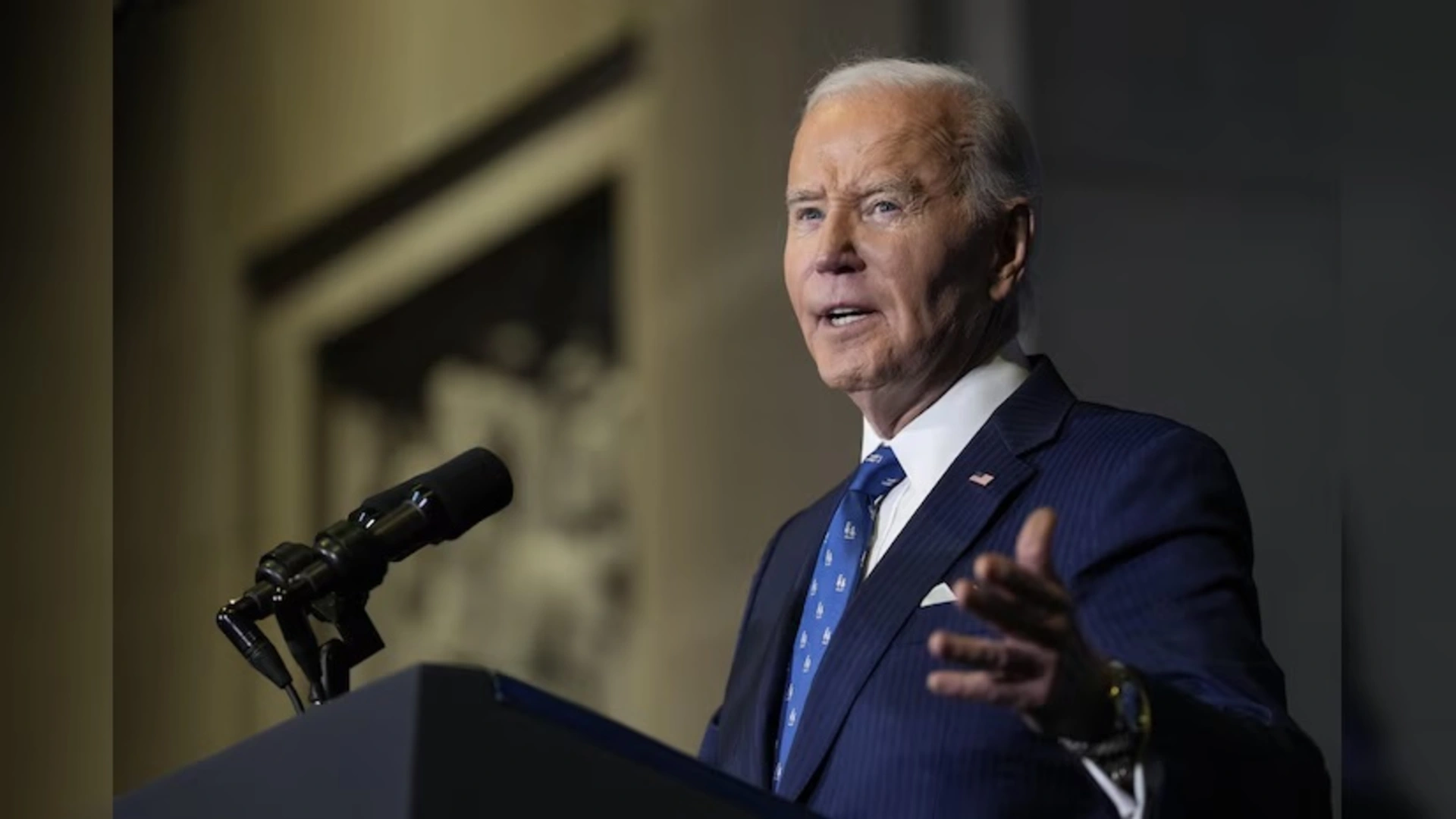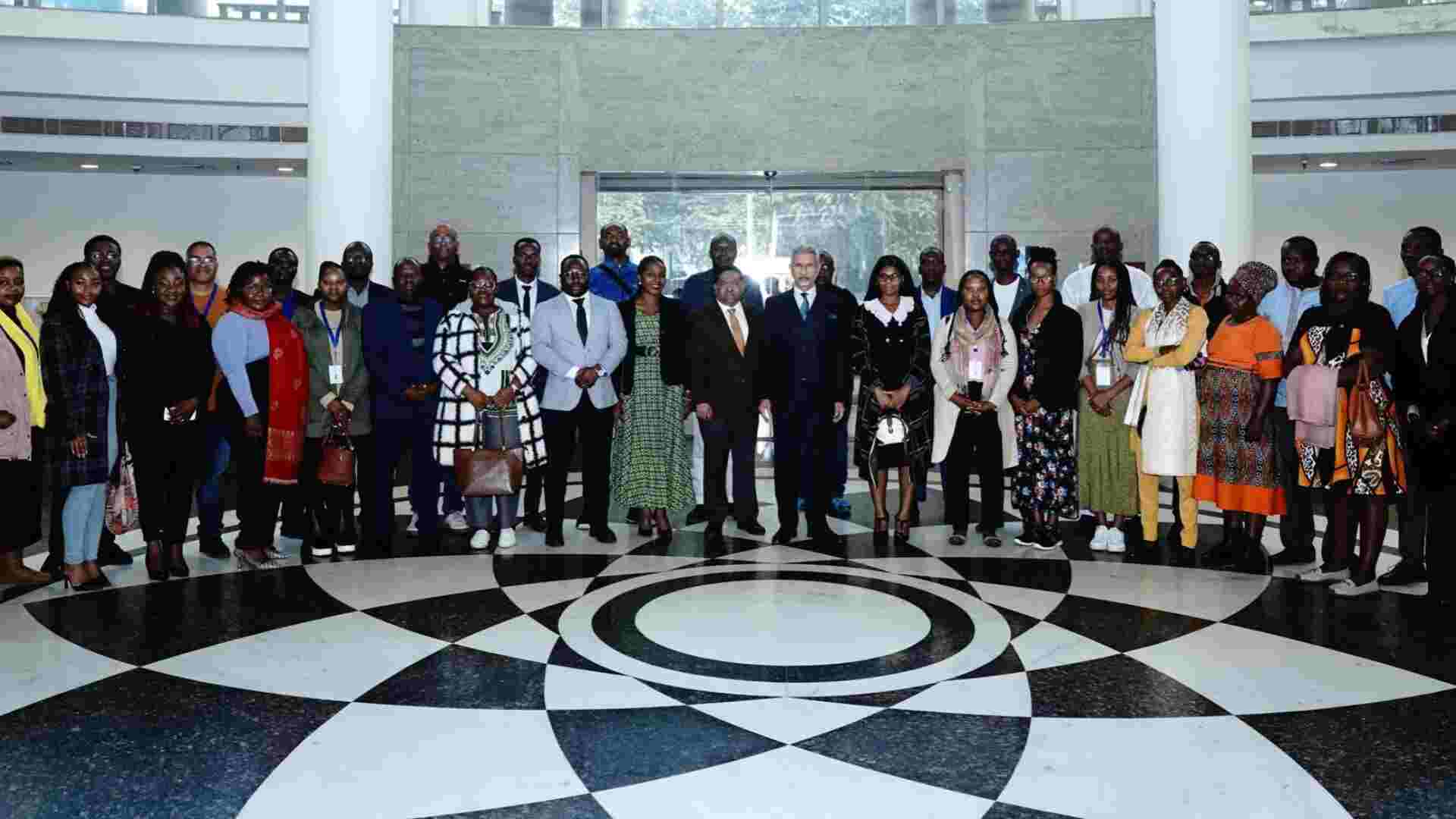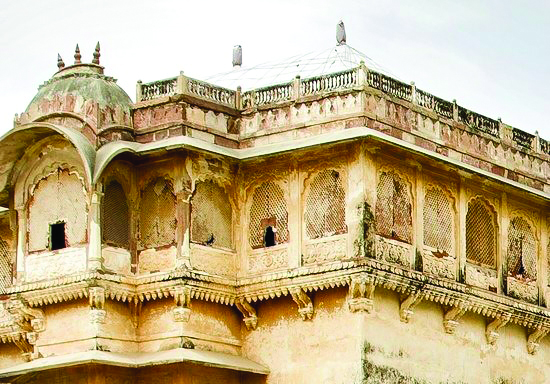
I had a schoolmate named Bhau Deshmukh. He was the son of a district collector and is now a doctor. As a child, he had the habit of writing letters to prominent personalities. Back then, notable figures used to send acknowledgments for letters they received. Bhau once wrote a letter to Raj Kapoor and showed me the acknowledgement he received. This sparked a desire in me: If only I could meet or at least see Raj Kapoor someday! At that time, I had no idea that a new story would be written on the golden pages of time!
On the occasion of his centenary celebrations, those golden memories came alive one by one, as if it were just yesterday! Back then, I was especially fascinated by four actors — Raj Kapoor, Dev Anand, Dilip Kumar and Sunil Dutt. However, there was a special kind of madness for Raj Sahab and Dev Anand. I got a chance to see Raj Kapoor in person during my college days. Students from our college were invited for the shoot of the song “Jeena yahaan, marna yahaan…” from the film Mera Naam Joker. I was one of them. Seeing my favourite actor up close filled my heart with joy, although I did not get to meet him.
However, within a few years, I got the opportunity to meet him. At that time, I was a trainee journalist with the renowned film magazine Madhuri. I requested an appointment with Raj Sahab, and to my amazement, he agreed. He welcomed me warmly. He was sitting on a mat made of cane, dressed in a lungi and a white kurta, with a writing board, pen and an inkpot. Behind him was a timeless picture of him with Nargis. I got lost in that picture, and he broke my trance by saying, “What’s in the picture? Look at me! Have you ever seen pictures speak?” I replied, “Yes, if pictures didn’t speak, why would we keep them?” And then our conversation began. I asked him how he made such amazing films. He quickly replied, “Just as you write news, we make films.” I said, “But news is based on events.” He responded, “What we see in society is what we portray in films. The film Awara was an expression of a certain kind of pain. In the film Jis Desh Mein Ganga Behti Hai, the circumstances of the time were depicted. Films should resonate with people’s lives. Have you met my colleague Shailendra? He knows what makes films successful. Only those who understand your vision can be your companions. My team is as invested in my ideas as I am.”
During our conversation, he asked me where I lived. When I said, “Churchgate,” he said, “Let’s go together; I’m headed that way too. We can talk along the way.” As we left, he mentioned that he knew my father, Darda Ji. He said, “My father Prithviraj Kapoor and your family have had a long-standing connection.” I told him I know that my father had invited Prithviraj Kapoor to hoist the national flag in Yavatmal. He had also brought a drama troupe. I have pictures of both events. Raj Sahab was delighted to hear that. I realised then that perhaps this connection was why he gave a rookie like me the chance to meet him.
In the car, he held a notepad in his hand. At times, he would fall silent and start writing something. Between these moments, he answered my questions. I asked him how he brought so much diversity into his life, from acting to singing and composing music. In a philosophical manner, he replied, “Whether you live life with joy or fill it with sorrow is in your hands. The important thing is whether you eat your bread while humming a tune or crying. I’ve seen very rich people crying while eating, and I’ve seen poor people eating with joy.”
I also asked why women in his family did not act in films. He said, “Entering the film industry was not considered good back then even for boys. Our grandfather did not want us to act in films.” During our chat, we discussed Lokmat’s Nagpur edition. He mentioned that his sister Urmila was married into the Sial family and that he had visited Nagpur for a wedding. His wife Krishna was from Jabalpur but had lived in Nagpur for some time. I told him my father was in jail in Jabalpur during the freedom movement. He talked about the New Empire cinema hall in Jabalpur, which belonged to his in-laws. Let me tell you, his brothers-in-law were the famous actors Prem Nath, Rajendra Nath and Narendra Nath.
During the ride, the car stopped at a paan shop near Bharatiya Vidya Bhavan in Chowpatty. The vendor immediately prepared the paan for him, which he ate and packed some too. The car then stopped at the Gaylord Hotel in Churchgate. I followed him because I wanted to see what the hotel looked like inside. Jaikishan was sitting at a table in the corner. I learned that Raj Sahab often came there for tea. He even invited me to RK Studio’s Holi celebrations, but I could never make it.
One more incident involving Raj Sahab comes to mind. When my father was the industries minister, Raj Sahab came to him and said he could not get cement to build his house due to shortage at the time. A R Antulay had imposed certain conditions on cement trade then. My father, considering Raj Kapoor as India’s cultural ambassador, went out of his way to ensure he got the cement. To this day, people in Russia, Japan and Israel remember Raj Kapoor. In Almaty, an entire floor of a hotel is named after him.
Raj Sahab wanted to visit Yavatmal but could not make it. Rishi Kapoor knew this and later came to Yavatmal for a kabaddi event. I hope Ranbir Kapoor, carrying forward this legacy, visits Yavatmal someday. In Ranbir, I see the reflection of Raj Sahab.
A humble tribute to Raj Sahab! We will never forget you!
The author is the chairman, Editorial Board of Lokmat Media and former member of Rajya Sabha.















